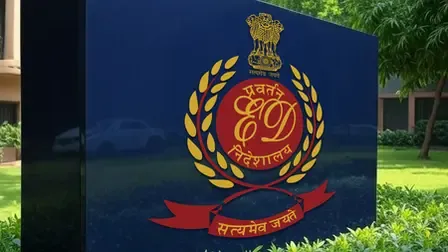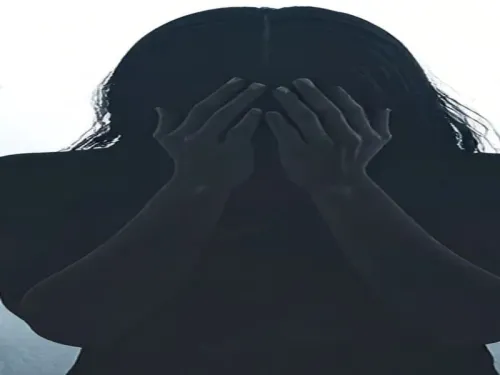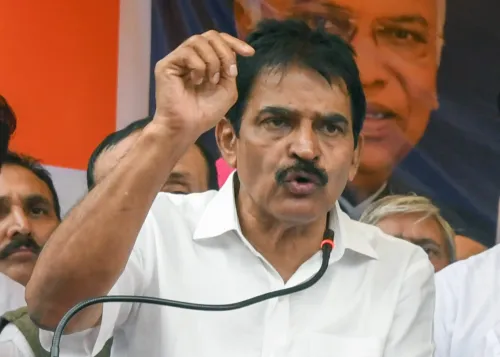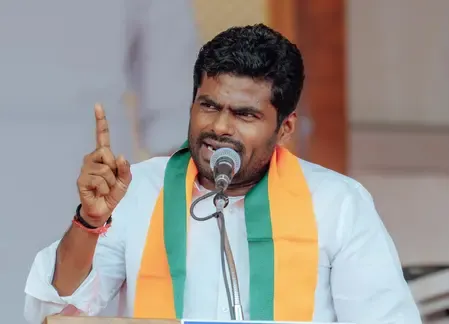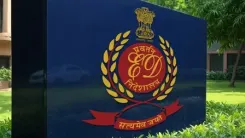Should Rahul Gandhi Reflect Before Making Statements?
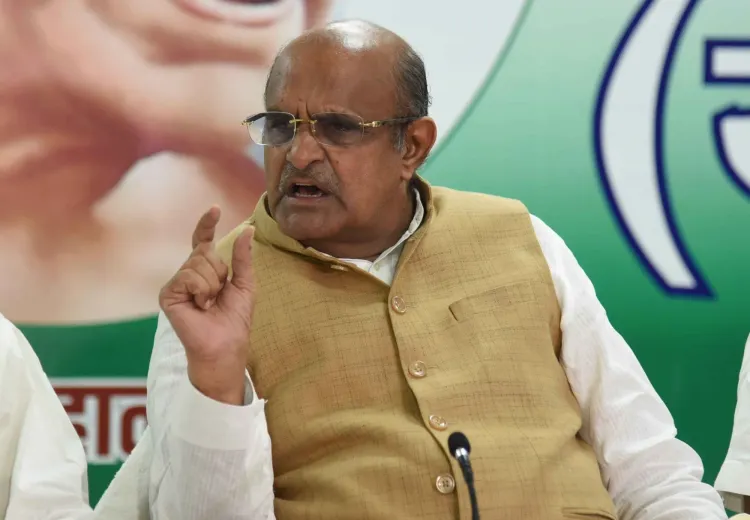
Synopsis
Key Takeaways
- Supreme Court criticized Rahul Gandhi for his remarks.
- Shiv Sena and JD(U) urged him to exercise caution.
- Importance of substantiated claims in political discourse.
- Criticism of social media over parliamentary debate.
- Questions raised about national security claims.
New Delhi, Aug 4 (NationPress) As the Supreme Court criticized Congress leader and Lok Sabha’s Leader of Opposition (LoP) Rahul Gandhi for allegedly making defamatory remarks regarding the Indian Army, both the Shiv Sena and Janata Dal (United) urged caution on Monday, advising him to consider his words carefully.
Shiv Sena spokesperson Krishna Hegde emphasized that the court’s comments raise significant questions about Rahul Gandhi’s conduct as LoP.
“The Supreme Court has issued very strong remarks concerning Rahul Gandhi. His position is now under scrutiny. The esteemed judges inquired about the evidence he holds for claiming that China has seized 2,000 square kilometers of Indian land,” Hegde stated.
He further noted that while no one doubts Rahul Gandhi’s patriotism, spreading unsubstantiated claims on social media instead of in Parliament undermines the democratic process.
“The court remarked on his inclination to communicate with the Press rather than participate in parliamentary discussions. This diminishes his efficacy as LoP,” Hegde mentioned.
Janata Dal (United) leader K.C. Tyagi also voiced his opinion, urging Rahul Gandhi to exercise caution and wisdom.
“As the LoP, Rahul Gandhi must consider his statements carefully; otherwise, he risks becoming a subject of ridicule. Such comments can erode his credibility,” Tyagi remarked to IANS.
The controversy stems from remarks made by Gandhi during his 'Bharat Jodo Yatra'. The Congress MP allegedly stated, “Chinese troops are beating up Indian Army soldiers in Arunachal Pradesh,” referring to the December 9, 2022, confrontation in the Tawang sector.
A Bench of Justices Dipankar Datta and Joymalya Bagchi expressed their disapproval of Gandhi’s assertion that 2,000 square kilometers of Indian territory had been compromised by China, adding that “if he were a true Indian, he would not have made such claims.”
“How do you know that China occupied 2,000 square kilometers of Indian territory? Were you present? Do you possess credible evidence? If you were a true Indian, you would not say these things. In the event of conflict across the border, is it common to have casualties on both sides?” Justice Datta questioned senior advocate Abhishek Manu Singhvi, who was representing LoP Gandhi.
“If you have something to say, why not address it in Parliament? Why must it be through social media?” the apex court further inquired.
This discussion followed Singhvi's argument that it would be “unfortunate” if an Opposition leader could not raise national issues in the Press.
The apex court agreed to review LoP Gandhi’s plea, which discusses the necessity of mandatory notice to the accused at the pre-cognizance stage and requested responses from the Uttar Pradesh government and the complainant.

